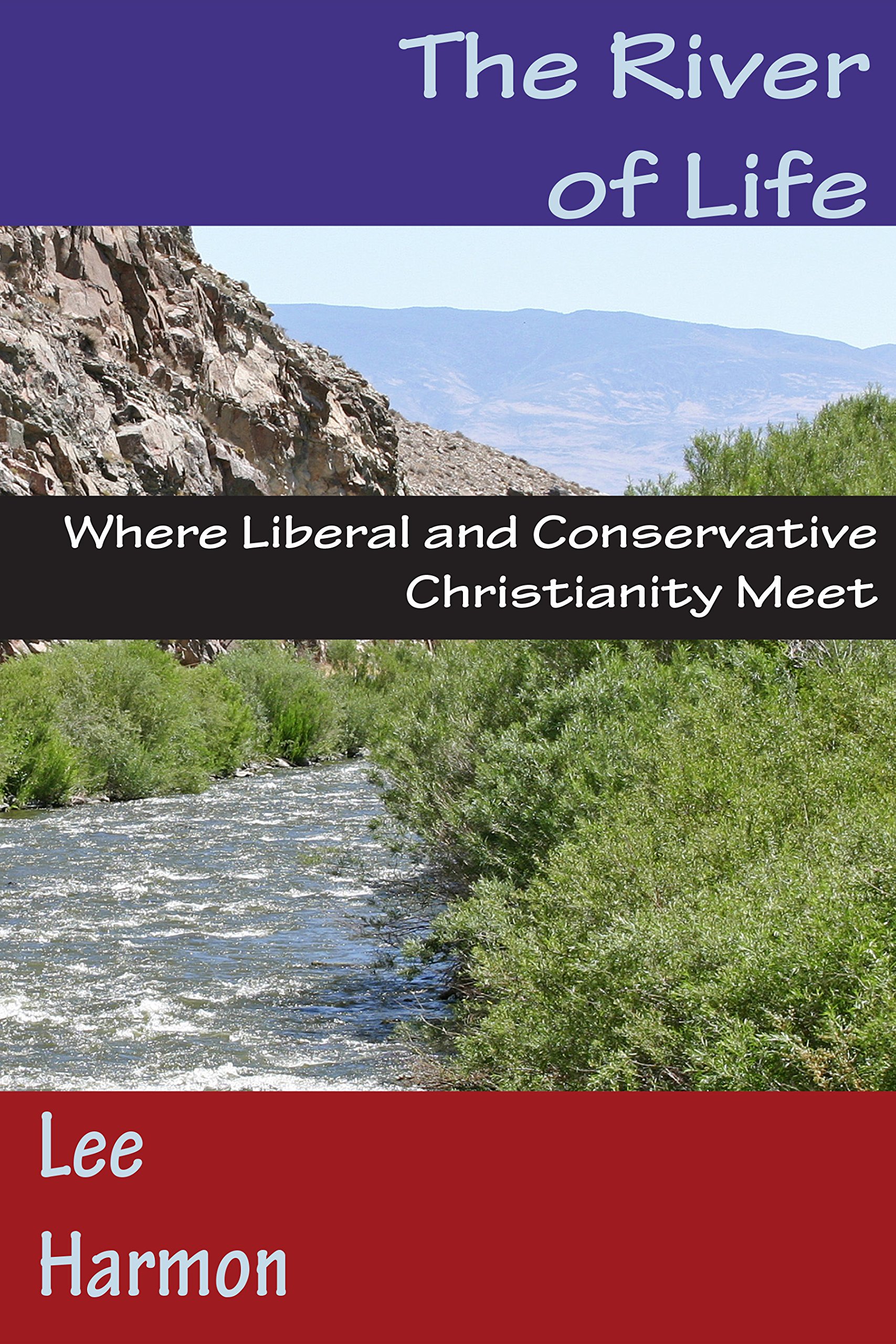The word “gospel” means “good news.” Jesus says his message is good news—not to the prosperous, but to the poor. Not to the happy, but to the brokenhearted. Not to the slave owner, but to the captive. Not to the seeing, but to the blind. Jesus himself says the reason he came was to “preach the acceptable year of the Lord.”
Do you know what the “acceptable year of the Lord” is? Many translations read “the year of the Lord’s favor.” Does that help explain it?
This special year, often called the Jubilee, occurs every fifty years in the Old Testament. It is the year in which debts are forgiven, slaves are set free, and property is returned to its original owner. It is a law that had fallen into disfavor, and it’s anybody’s guess whether anyone at all observed the Jubilee year anymore by Jesus’ time. Having read these words about the Jubilee, Jesus tells the crowd, “Today this scripture is fulfilled in your hearing.”
Let’s be clear, here. Jesus is not talking about proclaiming the good news of a future resurrection. His gospel is not about heaven at all. Jesus is talking about bringing relief for the desperate and freedom for the oppressed, and this he calls the gospel. His message is very this-worldly, and his gospel is directed to the commoner. The same message is repeated a couple chapters later: “Blessed are you who are poor.” Not “poor in spirit,” but just plain “poor.” Why? Because, says Jesus, the Kingdom of God has arrived on earth, and now things will be different.
You may be more familiar with Matthew’s Sermon on the Mount than Luke’s version, sometimes called the Sermon on the Plain. Both are basically the same scene, drawn from the same source. But in Luke’s version, the sayings are very down to earth, not meant in a spiritual way at all. Let’s look closer at the beatitudes. In Luke, we’re not dealing with the poor in spirit, we’re dealing with the poor. We’re not dealing with those who hunger after justice, but with those who are truly hungry. It’s not about those who are persecuted for righteousness’ sake, but simply all who are persecuted. Luke is not about spiritual needs, but about stark reality. In Luke, Jesus is concerned about those with empty stomachs, the real have-nots, the people who are weeping now.

